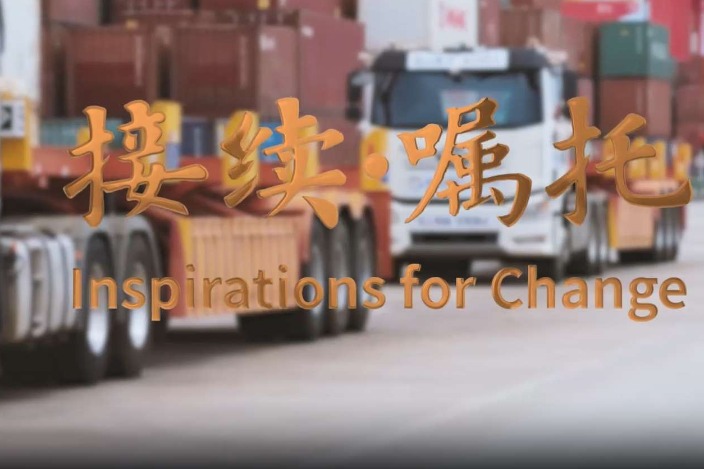Focus on cultural development and diversity

The second Forum on Building up China's Cultural Strength opened in Shenzhen, Guangdong province, on Thursday, hosted by the Publicity Department of the Communist Party of China Central Committee. This year's forum demonstrates the Party's commitment to securing new successes in developing socialist culture and promoting international exchanges.
The Party attaches great importance to culture. Thanks to that, the nation's cultural confidence has been elevated.
Since 2012, the awareness of the fundamental role culture plays in boosting national rejuvenation and developing a modern Chinese civilization has been greatly elevated, inspiring a flowering of cultural creativity and exchanges and mutual learning with other civilizations in the spirit of openness and inclusivity.
The topics of this year's forum cover literary and artistic creation, digital publishing, the film industry, historical and cultural heritage protection, the cultural trade, internet copyright protection and innovation in international communication. These represent the focus of the Party for the realization of its vision of cultural development in the form of concrete culture-related industrial, technological and institutional projects.
The forum can help all relevant parties better understand how to unleash the potential of China's cultural development, and materialize it into economic progress and governance advances, as well as tangible benefits for the people.
China's openness to foreign capital, talents and businesses in the cultural cause, and the huge demand for cultural products and services of the Chinese market mean rich business and development opportunities for multinational cultural companies and individual talents in the field. By further improving its business environment in the cultural market, the country can foster sustainable vitality in its cultural sector and promote international exchanges.
Prosperous international cultural exchanges can effectively promote mutual learning among different civilizations, help deepen the mutual understanding among different nations, and strengthen the bonds of friendship among different peoples.
This is conducive to reducing the global trust deficit, eliminating cultural bias and easing international tensions between different cultures, ethnic groups and religions.
The fast advancement of information technology, artificial intelligence and the digital economy has produced both challenges and opportunities. Although the markedly reduced cost of cross-border communication and spreading of virtual and physical cultural factors greatly facilitates cultural exchanges, that process is seriously lopsided in favor of the developed countries.
The rich club members seem to take it for granted that their economic, technological and military prowess represents cultural superiority, and act accordingly, at the cost of global cultural diversity. They do so irrespective of the fact that their cultural bias, if not hegemony, is increasingly recognized as the root cause of many hotspot issues in the world.
That calls for more countries to join China's efforts to counter the cultural hegemon by spreading more rational cultural views and promoting cultural diversity and mutual learning between civilizations. The ongoing cultural forum in Shenzhen is part of China's efforts to that end.
?
































